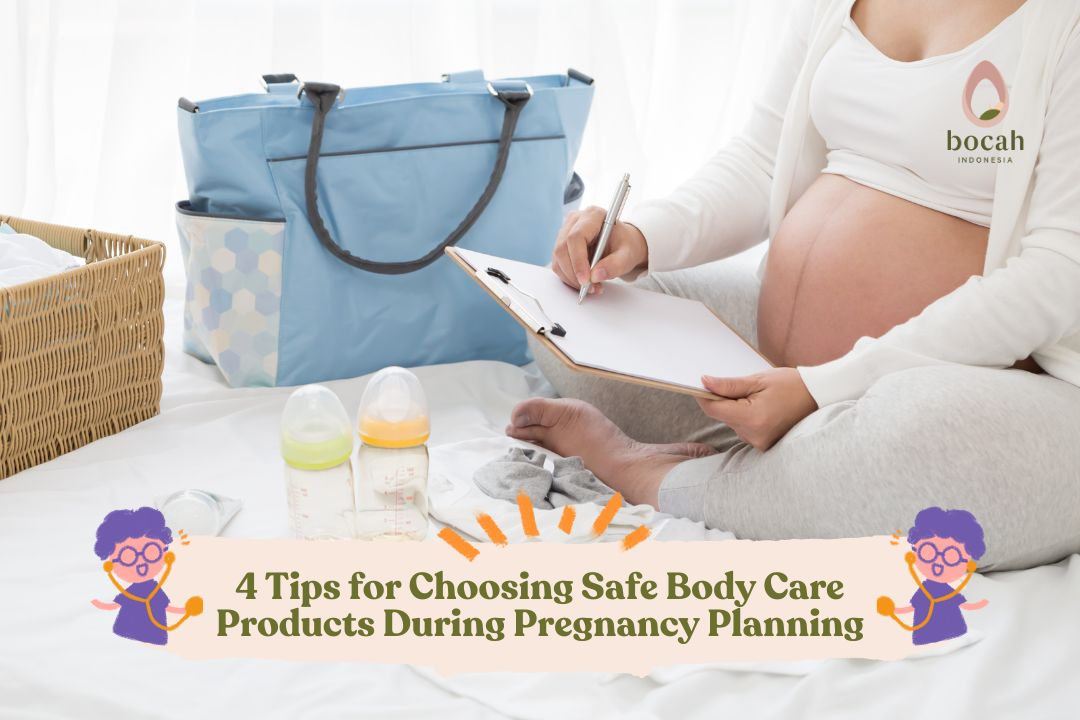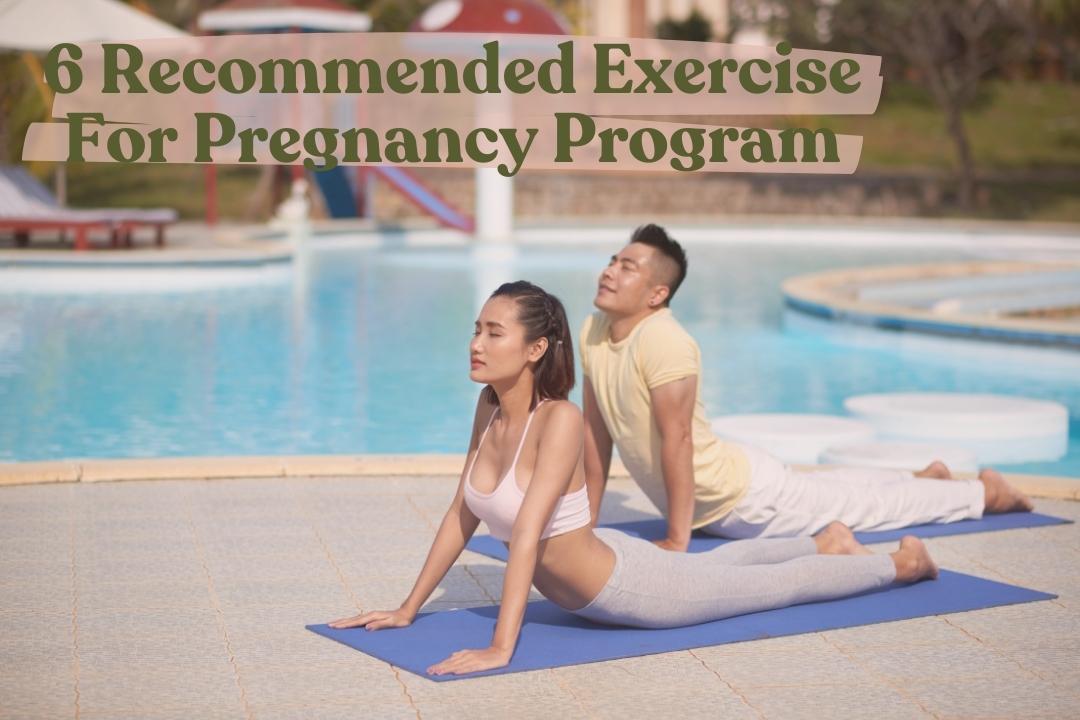Dangers of Scuba Diving During Pregnancy

Pregnant women are advised to exercise regularly, but it is not recommended to engage in dangerous sports, such as scuba diving.
Even when expecting, mothers still need to engage in physical activity. Physical activity offers numerous benefits to pregnant women during their pregnancy. It can make a mother’s body stronger, promote better sleep, and enhance mood.
Unfortunately, not all exercises are safe for pregnant women. Some exercises are discouraged because they can increase the risk of miscarriage. Therefore, mothers need to know which types of exercises can be harmful to pregnant women and their fetuses.
So, what are the effects of scuba diving on fertility?
The Impact of Scuba Diving on Fertility?
Scuba diving is one of the extreme sports performed underwater. If you have this hobby, it’s best to avoid it for a while when you are pregnant. When you surface, it can cause decompression sickness, a condition in which the air pressure in the lung cavity is higher than the outside pressure, making it difficult for you to breathe.
Tanya Mincah tentang Promil?
Decompression can lead to the formation of nitrogen gas bubbles in the baby’s bloodstream when they surface. This condition can increase the risk of miscarriage and birth defects.
It’s best for mothers to avoid this sport as it can be harmful to both pregnant women and their fetuses. In addition to scuba diving, it’s advisable to avoid activities like free diving, snorkeling for a while.
Sports to Avoid During Pregnancy
Not only diving needs to be avoided, there are several other sports that should be avoided during pregnancy to ensure the health and safety of both the mother and the fetus.
-
Sports involving physical contact
One of the sports to be avoided during pregnancy is those involving physical contact or that can lead to collisions, such as soccer, volleyball, boxing,
kickboxing, hockey, and others. Engaging in these sports during pregnancy may risk the mother’s belly being hit hard, which can affect the pregnancy.
-
Sports prone to falling
Another type of sport to avoid during pregnancy is those that require a high balance, such as cycling or horseback riding. The increasing size of a pregnant belly changes the mother’s center of gravity, increasing the risk of losing balance during pregnancy.
Sports that put mothers at risk of falling include biking. If the pregnant belly is getting larger, it is not recommended to bike outdoors; instead, use a stationary bike.
-
Sports involving jumping movements
Mothers are advised not to engage in sports that involve jumping movements during pregnancy because this can increase the risk of injury. It is better to avoid sports like aerobics and kickboxing that pose a risk of miscarriage for pregnant women.
-
Sports related to heights
During pregnancy, it is advisable for pregnant women to avoid sports related to heights, such as mountain climbing or others. Remember that drastic changes in oxygen levels can pose a significant risk to both the mother and the fetus in terms of altitude sickness.
-
Sports that raise body temperature
Exercising will naturally raise body temperature. However, there are certain types of sports that can cause pregnant women to overheat, such as Bikram yoga.
This occurs when participants in yoga are required to perform yoga poses in a hot room. This should be avoided because high heat exposure during pregnancy can be a risk to the fetus. Therefore, mothers need to choose safe exercises during pregnancy.
Now that you know which sports to avoid during pregnancy, don’t worry; you can still engage in safe exercises during pregnancy, such as brisk walking, light jogging, or prenatal yoga.
According to The American College of Obstetricians and Gynecologists, pregnant women should stop exercising when experiencing certain symptoms, such as:
-
Dizziness
-
Chest pain
-
Weakness in the muscles
-
Vaginal discharge
-
Bleeding
-
Abdominal pain
-
Shortness of breath
-
Swelling or pain in the calves
If you experience any of these conditions, consult a doctor immediately. Remember not to ignore any complaints during pregnancy to receive proper care.
Want to read more information about fertility,conception, and pregnancy? All the information you need is available at Bocah Indonesia.
Source:
- The American College of Obstetricians and Gynecologists. Exercise During Pregnancy. https://www.acog.org/womens-health/faqs/exercise-during-pregnancy.
- The American College of Obstetricians and Gynecologists. Physical Activity and Exercise During Pregnancy and the Postpartum Period. https://www.acog.org/clinical/clinical-guidance/committee-opinion/articles/2020/04/physical-activity-and-exercise-during-pregnancy-and-the-postpartum-period
- Artal, R., et al. (2013). Guidelines of the American College of Obstetricians and Gynecologists for exercise during pregnancy and the postpartum period. Br J Sports Med. 2003 Feb; 37(1): 6–12. https://www.ncbi.nlm.nih.gov/pmc/articles/PMC1724598/










